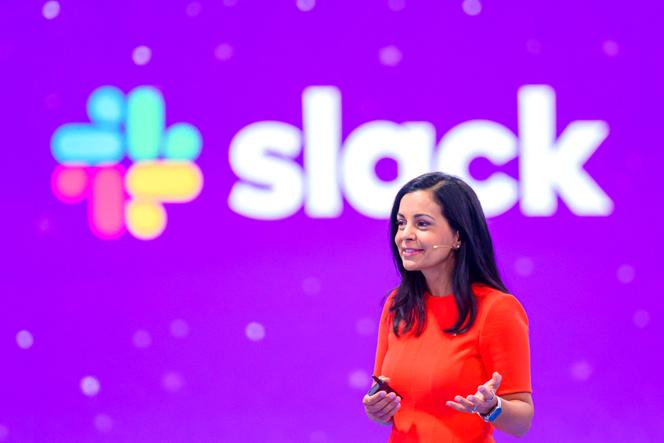


"You have 7,564 unread messages in 24 channels." It's Monday morning, and like many office workers, you have received this automatic email from Slack, a "productivity platform" that has been installed by your company to streamline communication.
As your work week slowly gets underway, you glance at Trello and Notion, two applications for organizing your to-do list that your company strongly encourages you to use. You then open the in-house software to book a meeting room, and subsequently use Teams (a videoconferencing tool) to organize the meeting remotely with your colleagues working from home.
As you also work from home two days out of five, you also have access to an application allowing you to indicate whether you want to stay at home or come into the office the next day, and whether you need a co-working space or a quiet room. Reflecting the increasing demands being made on employees, some companies are even encouraging them to use applications that ask for feedback on their well-being in the workplace, such as Moodwork or Zest.
This example isn't (entirely) made up. Since the Covid-19 pandemic and the advent of hybrid working in many French companies, employees have gotten to grips with numerous so-called "productivity" tools, the majority of which were initially unknown to the general public. Google's digital workspace has been taken up by 10 million companies worldwide, and Slack now boasts 200,000 customers, including 32 French CAC 40 index companies.
Some tools offer managers ways of managing their teams both remotely and in the office, using text or video. Alan, an insurance company that was once a start-up and now has over 500 employees, has put written text – in particular through Slack and Notion – at the heart of its communication. "Writing allows all data to be traceable, so that everyone has access to the information," explained its HR director, Paul Sauveplane.
"At the outset, these tools are said to be 'collaborative', but there can be abuses," pointed out Caroline Diard, an associate professor of HR management at Toulouse Business School. "Employers can monitor their employees by knowing who is online. For employees, the number of demands [on their time or attention] increases. And because the tools are instantaneous, employees force themselves to respond quickly."
Little research has been carried out in France on the subject, but according to an analysis by RescueTime time-tracking software of data from 50,000 American knowledge workers (writers, developers, project managers, etc.) in 2018, workers checked their communication tools every six minutes.
You have 50% of this article left to read. The rest is for subscribers only.
